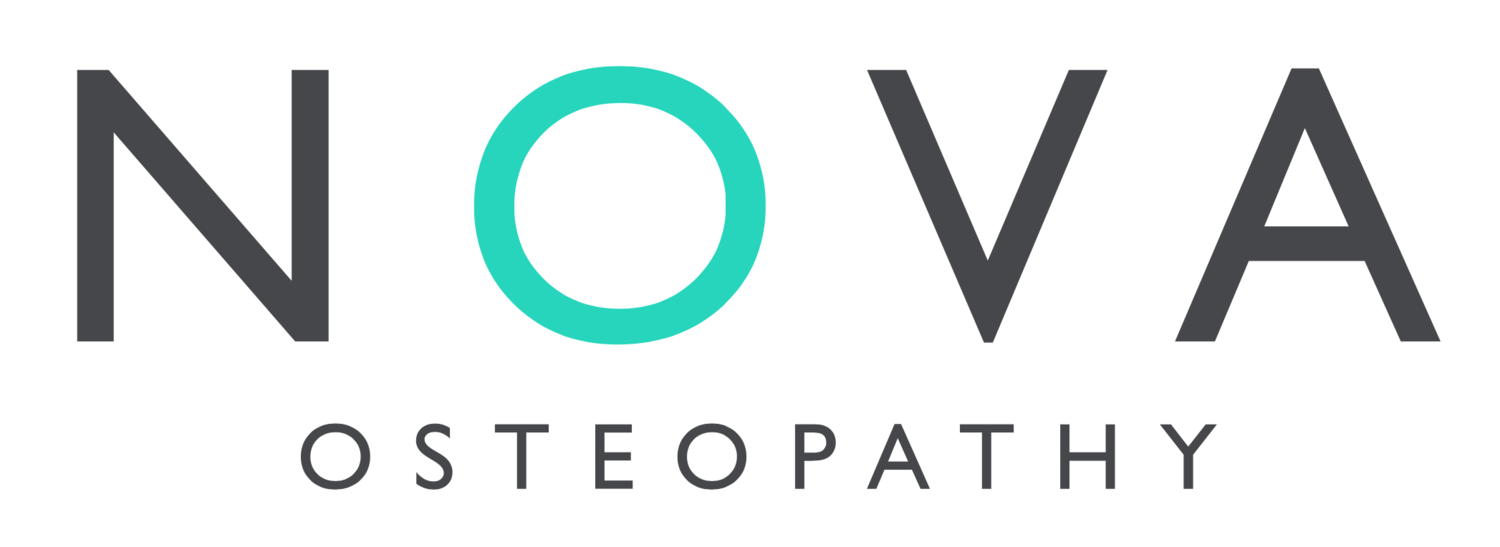How to stay injury free when starting your fitness routine
Embarking on a new fitness journey is an exciting step toward better health and wellbeing. Whether you're working out at a gym in Purley, jogging through the streets of Sutton, or participating in a fitness class in Coulsdon, prioritizing your body’s care is essential to preventing injuries.
Starting a new fitness routine is an exciting journey towards improving your health and wellbeing. Whether you're hitting the gym in Purley, running through the scenic streets of Sutton, or joining a fitness class in Coulsdon, taking care of your body is key to avoiding injuries that could hinder your progress.
By following a few simple tips, you can protect your body and enjoy a consistent, injury free fitness journey.
1. Start Slow and Build Gradually
A common cause of fitness injuries is overdoing it too quickly. While it's tempting to dive into intense workouts, pushing yourself too hard can strain muscles, lead to tendon issues, and put stress on joints that aren’t used to the increased demands or movements.
Starting your exercise routine with resistance bands is a great way to build strength and improve flexibility while minimizing the risk of injury. Bands are perfect for any fitness level, as they allow you to gradually increase the intensity of your workouts without overloading your muscles. Whether you’re targeting specific muscle groups or working on full-body exercises, resistance bands provide constant tension, helping you develop better form and control.
As you move forward in your fitness journey, it's crucial to slowly ramp up the intensity, duration, or weights, allowing your muscles, tendons and bones to adjust and become stronger over time..
Pay attention to your body during workouts, if something doesn’t feel right, it’s important to stop and reassess. Taking a moment to evaluate or seeking advice can help prevent injury and ensure you're on the right track. Listening to your body is key to maintaining a safe and effective fitness routine.
2. Warm-Up Properly
Warming up before exercise is crucial for preparing your body and reducing the risk of injury. A proper warm-up increases blood flow to your muscles, improves flexibility, and helps to prepare your body for the workout ahead. It doesn’t have to be lengthy 5 to 10 minutes of light cardio or cycling, combined with movements that you'll be doing in your workout can activate key muscle groups and get your body ready.
3. Perfect Your Form
Using improper technique during exercise can result in strain and injury, undermining your fitness progress. If you're new to the gym or trying a new exercise, it's crucial to seek guidance from a trainer to ensure you're performing movements correctly. A trainer can help you develop proper form and avoid bad habits that can lead to discomfort or injury. Additionally, functional osteopathy can be beneficial in identifying areas of weakness or poor movement patterns that may predispose you to injury, helping you address these issues before they become a problem.
4. Rest and Recover
Rest days are just as crucial as workout days in any fitness routine. Your body requires time to recover, repair, and rebuild after exercise, and skipping rest can lead to fatigue and a higher risk of injury. If you’re experiencing ongoing aches or discomfort, treatments such as osteopathy can help accelerate the recovery process by restoring balance to your musculoskeletal system and promoting overall healing.
5. Protein
Perhaps the most well-known benefit of protein is its role in muscle building and repair. When you exercise, especially during strength training or high-intensity workouts, your muscle fibers experience small tears. Protein helps repair and rebuild these fibers, making them stronger and more resilient over time. Without enough protein, your muscles may not recover properly, which can hinder progress and increase the risk of injury. Protein is crucial for everyone.
6. Sleep and hydration
Getting enough sleep is essential for effective recovery after exercise, as it allows your body the time it needs to repair, rebuild, and recharge. Sleep is when your muscles recover from the stress and strain placed on them during workouts. During deep sleep stages, blood flow to the muscles increases, promoting tissue. Without sufficient rest, your body may struggle to fully recover, leading to feelings of fatigue, decreased performance, and a higher risk of injury. Most adults need between 7 to 9 hours of sleep per night to support optimal recovery. Prioritizing quality sleep, along with a balanced diet and proper hydration, ensures that your body is well-prepared to perform at its best during your next workout.
When to Seek Professional Help
If you’re dealing with persistent pain or discomfort during or after exercise, it’s important to seek treatment early to prevent chronic issues. At NOVA Osteopathy Clinic, we specialize in functional biomechanics and also provide sports massage to treat and prevent fitness related injuries. Whether you're suffering from neck pain to foot and ankle pain, we’re here to help you get back on track.
Our team in Coulsdon serves clients from surrounding areas, including Purley, Banstead, Kenley, Caterham, and Wallington. By addressing the root causes of pain and dysfunction, rather than just the symptoms, our osteoapath and sports massage therapist ensure that each patient receives the most effective care and tailored treatment specifically to their situation and condition.
starting a new fitness routine should be a positive and empowering experience, free from stress and pain. By taking proactive steps to prevent injury, prioritizing recovery, and seeking professional care when needed, you can maintain your health, stay injury-free, and successfully achieve your fitness goals.

